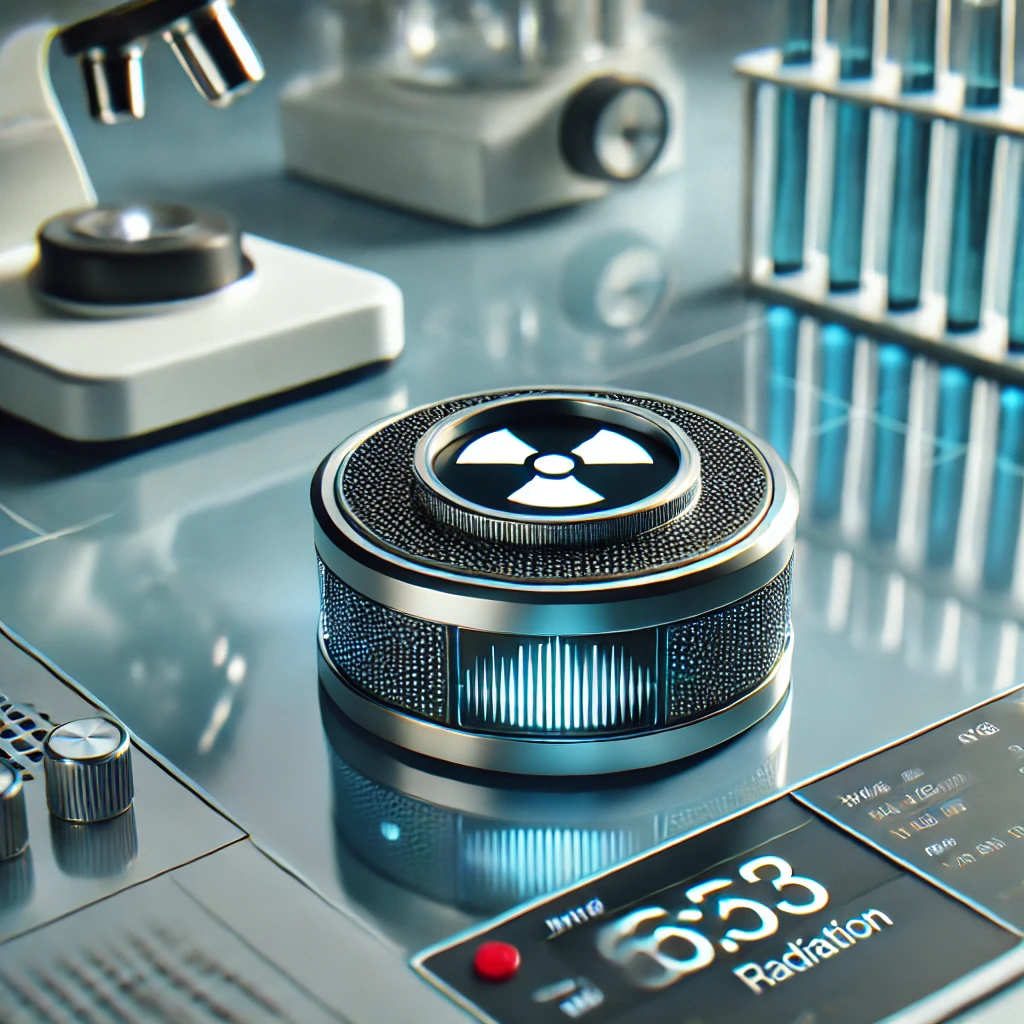A2Bookmarks India Social Bookmarking Website
Welcome to A2Bookmarks India, the premier social bookmarking platform tailored for individuals and businesses across India. Our website empowers you to effortlessly bookmark and showcase your web pages, driving enhanced online visibility and engagement. With specially curated business categories and the latest SEO-friendly tools and trends for 2025, we help elevate your digital footprint in a competitive online landscape. Join the A2Bookmarks India network today and take your website or business to new heights with ease and efficiency.


Nano Radiation Sensors: Pioneering Precision in Radiation Detection marketresearchfuture.com
As technological advancements continue to redefine various sectors, Nano Radiation Sensors are emerging as groundbreaking tools in the field of radiation detection. These sensors leverage nanotechnology to offer highly sensitive, compact, and efficient solutions for detecting radiation across diverse applications.
What Are Nano Radiation Sensors?
Nano radiation sensors are devices designed to detect and measure radiation levels using nanoscale materials and technologies. They operate by converting radiation energy into electrical signals, enabling precise measurement of ionizing radiation such as alpha, beta, gamma, and X-rays. Their small size and high sensitivity make them ideal for applications requiring compact yet reliable radiation detection systems.
How Do Nano Radiation Sensors Work?
Nano radiation sensors utilize nanomaterials like carbon nanotubes, graphene, or semiconductor nanoparticles. When radiation interacts with these materials, it generates charge carriers or alters electrical properties, which the sensor translates into measurable signals. This method provides rapid, accurate, and low-power detection capabilities.
Key Advantages of Nano Radiation Sensors
- High Sensitivity: Detects low radiation levels with precision.
- Compact Size: Ideal for portable and wearable devices.
- Energy Efficiency: Low power consumption.
- Durability: Robust performance in harsh environments.
- Fast Response Time: Provides real-time monitoring.
Applications of Nano Radiation Sensors
Nano radiation sensors have a wide range of applications across multiple sectors, including:
- Healthcare: Radiation monitoring in medical imaging and cancer treatment equipment.
- Nuclear Industry: Detection of radiation leaks and monitoring worker exposure.
- Environmental Monitoring: Tracking radiation levels in air, water, and soil.
- Homeland Security: Detecting radioactive materials in security checkpoints.
- Aerospace: Radiation monitoring in space missions.


















